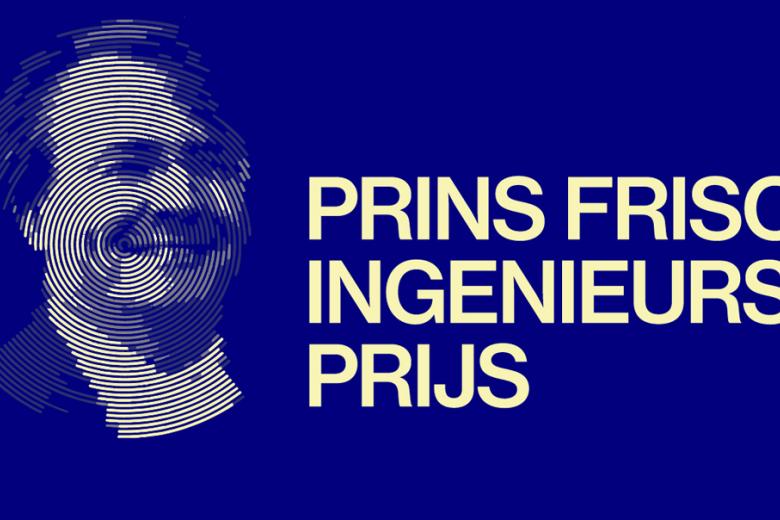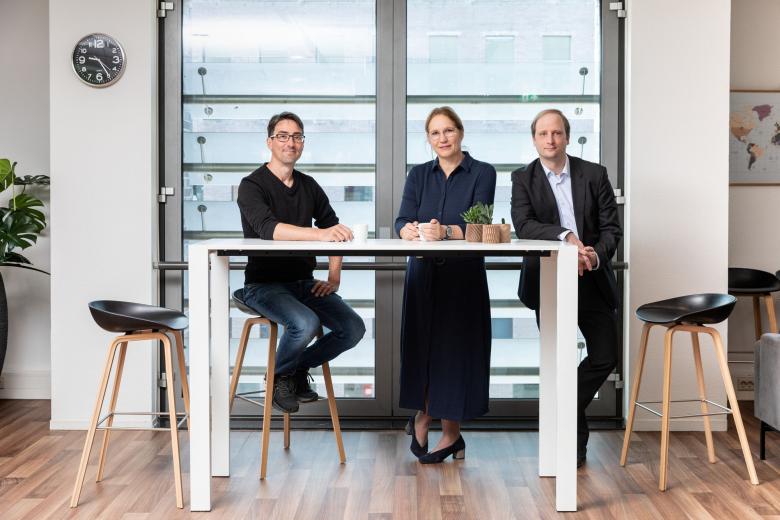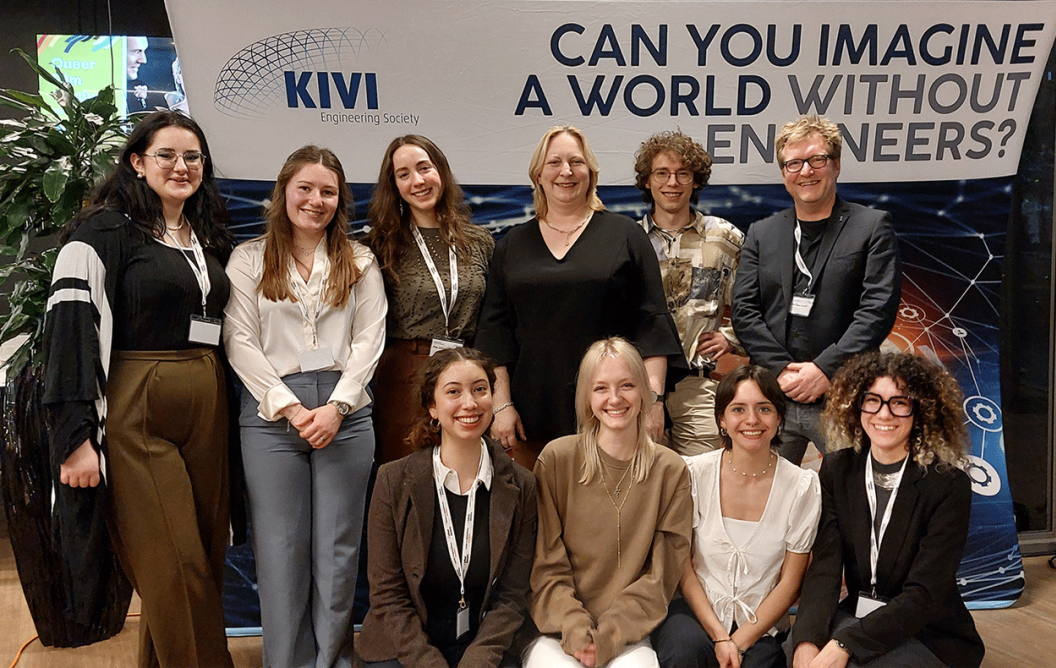Prince Friso Engineering Award: UM wins both public prizes
Kim Ragaert and SublimeStone students won the public's awards given out during the Engineer of the Year contest. This triumph as well as the nomination of both, by the Royal Netherlands Society of Engineers, demonstrates that Maastricht University, particularly its only five-year-old Faculty of Science and Engineering, is among the best of Dutch engineering research and education.
Kim Ragaert is a pioneer in plastic recycling research and has received numerous international awards. As a result, it comes as no surprise that Ragaert has now also received national recognition for her work in the form of the Audience Award. "Thanks to everyone who voted for me," she stated right after the announcement was made.
The winning student team, SublimeStone, is also "very happy" with the public award, according to principal investigator, Erik Steen Redeker. The group has previously received international recognition. In 2023, students from the Maastricht Science Program, University College Maastricht, and Systems Biology earned a gold medal at the International Synthetic Biology Competition, iGEM. In 2022, their predecessors won the award for the best engineering student team.
The Royal Netherlands Society of Engineers awards the Prince Friso Engineers Prize annually to engineers who stand out for their competence, innovative capability, social impact, and entrepreneurship. UM congratulates the jury award winners: engineer of the year Pavlina Nanou of TORWASH and engineering student team of the year, Solid, from Eindhoven University of Technology.
Also read
-
Champions of change: Vote Maastricht engineers to the top
The Royal Netherlands Society of Engineers has nominated engineer Kim Ragaert and student team SublimeStone for the award of best Dutch engineer and best Dutch student team in 2024. Both are among the last three finalists in their respective categories. Do you want the best engineers to win? Now is the...
-
Machines that can improvise
Computers are already capable of making independent decisions in familiar situations. But can they also apply knowledge to new facts? Mark Winands, the new professor of Machine Reasoning at the Department of Advanced Computing Sciences, develops computer programs that behave as rational agents.
-
New ‘supergroup’: DKE and IDS jointly become Department of Advanced Computing Sciences
The new department broadly covers research and education in artificial intelligence, computer science, data science, mathematics and robotics. Over 100 staff members find their home in the new group, which is embedded in the Faculty of Science and Engineering.
